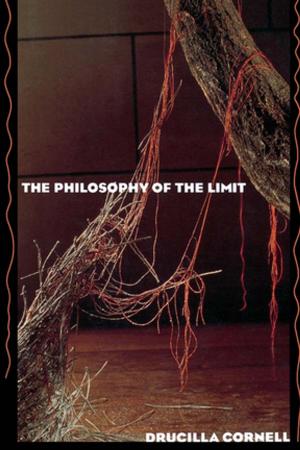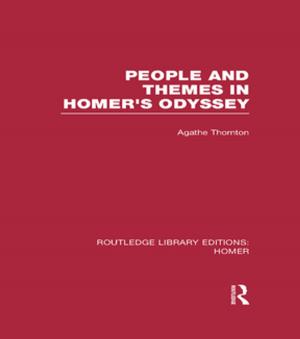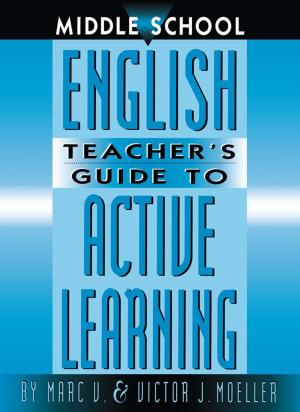The Ideological Octopus
An Exploration of Television and its Audience
Nonfiction, Social & Cultural Studies, Social Science| Author: | Justin Lewis | ISBN: | 9781135042806 |
| Publisher: | Taylor and Francis | Publication: | June 19, 2013 |
| Imprint: | Routledge | Language: | English |
| Author: | Justin Lewis |
| ISBN: | 9781135042806 |
| Publisher: | Taylor and Francis |
| Publication: | June 19, 2013 |
| Imprint: | Routledge |
| Language: | English |
Originally published in 1991, this introduction to studying the television audience discusses developments in semiology and cultural studies and their contribution to our understanding of the power of television.
How, in the most precise and intricate sense, does television influence the way we think about the world? What ideological role does it play in contemporary culture? Does TV control us or do we control it? This insightful book assesses the progress in responding to these questions and offers some answers of its own. In the 1980s, with the emergence of semiology and cultural studies in particular, there were a number of significant theoretical developments in our understanding of television's power of which this book provides an overview while also incorporating traditional approaches. It suggests that television influences us ambiguously and unpredictably, depending upon who we are and how we think. Ambiguity does not blunt television's power, it simply diversifies it into a very modern kind of omnipotence. Employing two major qualitative audience studies, this impressive study illustrates its argument with findings that are both unexpected and disturbing.
Originally published in 1991, this introduction to studying the television audience discusses developments in semiology and cultural studies and their contribution to our understanding of the power of television.
How, in the most precise and intricate sense, does television influence the way we think about the world? What ideological role does it play in contemporary culture? Does TV control us or do we control it? This insightful book assesses the progress in responding to these questions and offers some answers of its own. In the 1980s, with the emergence of semiology and cultural studies in particular, there were a number of significant theoretical developments in our understanding of television's power of which this book provides an overview while also incorporating traditional approaches. It suggests that television influences us ambiguously and unpredictably, depending upon who we are and how we think. Ambiguity does not blunt television's power, it simply diversifies it into a very modern kind of omnipotence. Employing two major qualitative audience studies, this impressive study illustrates its argument with findings that are both unexpected and disturbing.















